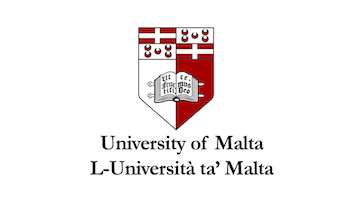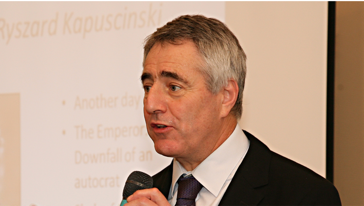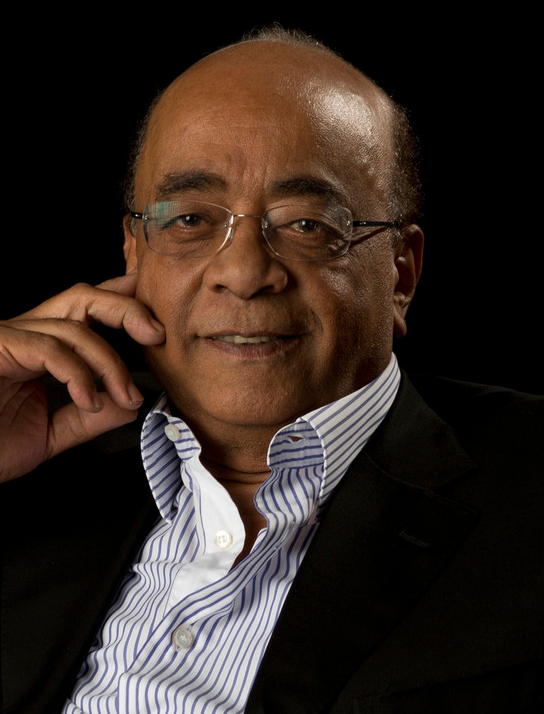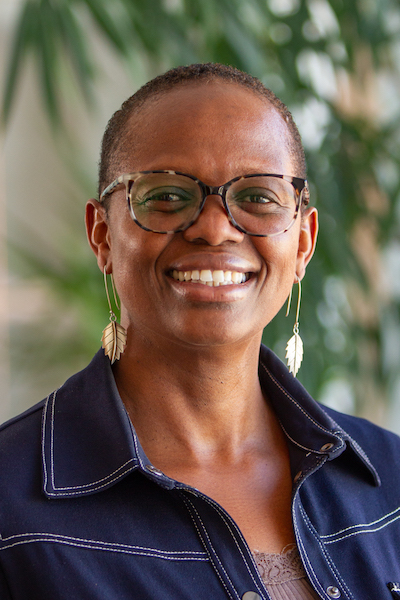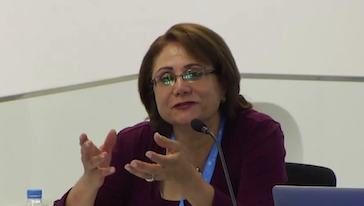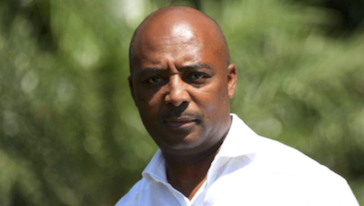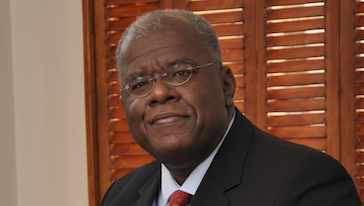The Lecture was preceded by an introductory address by Dr. Michael Frendo MP, former Minister of Foreign Affairs of Malta and current Chairperson of the Maltese Parliament’s Foreign and EU Affairs Select Committee. In this address Dr. Frendo dwelled first on his experience in introducing Malta’s first ever Overseas Development Aid policy as Minister of Foreign Affairs when Malta joined the EU. He explained how prior to EU accession Malta had never had an Overseas Aid policy and in fact was more used to the notion of being an aid recipient rather than a donor.In fact initially there were difficulties in attracting enough support from all the relevant government departments. The phenomenon of illegal migration which began to hit Malta at the time, paradoxically, was a useful instrument to focus attention on the conditions prevailing in the outside world. It also helped all the relevant authorities realise that investing in overseas development was in Malta’s interest. The policy that Dr. Frendo eventually piloted and which became the basis of Malta’s development aid governance was drafted by taking into account Malta’s size and limited resources but also its geographical location and well-established expertise in certain niche araeas such as ICT, education, tourism, water management etc.
Lecture by Simon Maxwell, Senior Research Associate, Overseas Development Institute, London on ‘Rethinking international development: a new role for Europe’. Dr.Maxwell started his lecture by referring to the figure of Ryszard Kapuscinski and his contribution to the telling of ‘the development story’. He then went on to develophis argument in three steps, firstly that we live in a difficult and increasingly complex world, secondly that we need to reframe development cooperation and finally that there is a new role for Europe in the development aid structures. He also added a postscript i.e. that we should not be defeatist because a lot of progress has been achieved over the past decades.
On the ‘new age of uncertainty’, Dr. Maxwell referred to the international community’s struggle to reach the Millennium Development Goals (MDGs). The situation was not an easy one with a number of geographical areas struggling to reach the goals and certain goals being behind schedule overall. These difficulties are compounded by the recent fuel, food and financial crises which made achieving the MDGs all the more hard. Furthermore other challenges to the international community are already present including climate change, resource scarcity, demographic pressures and rapid urbanization.
In the context of re-framing development cooperation he pointed out that this had to be understood within a framework which recognized development aid as both a moral imperative and a common interest. He then went on to explain the current thinking in development policy on issues ranging from the role of the state and public expenditure to collective action. The emphasis was laid on the importance of maintaining aid volumes, pushing for aid effectiveness, a holistic approach by governments, focusing on fragile states and investing more in multilateralism. It was precisely in the context of multilateralism that the EU had a comparative advantage and should ensure that it used this to its fullest extent. Finally Dr Maxwell stated that the situation was not as bad as is sometimes claimed and a lot of progress has been achieved in many aspects.
The Lecture was followed by a panel discussion with Mr. Alfred Agius (Desk Officer,Development Unit, Ministry of Foreign Affairsof Malta), Mr. Vince Caruana (Assistant Lecturer at the Centre for Environmental Education and Research at the University of Malta and Chairperson of SKOP) and Dr. Omar Grech (MEDAC). Mr. Caruana stated that he wished to make a few comments in his capacity as a civil society representative given that he was involved in a Non-Governmental Development Organisation in the run up to Malta’s membership of the EU. He spoke about the main concerns of Maltese NGDOs in contributing to Malta’s ODA policy. Mr. Agius described Malta’s approach to ODA and re-affirmed the Government’s commitment to development cooperation. Dr. Grech emphasized the importance of development education as the bedrock to ensure popular support for development aid.
